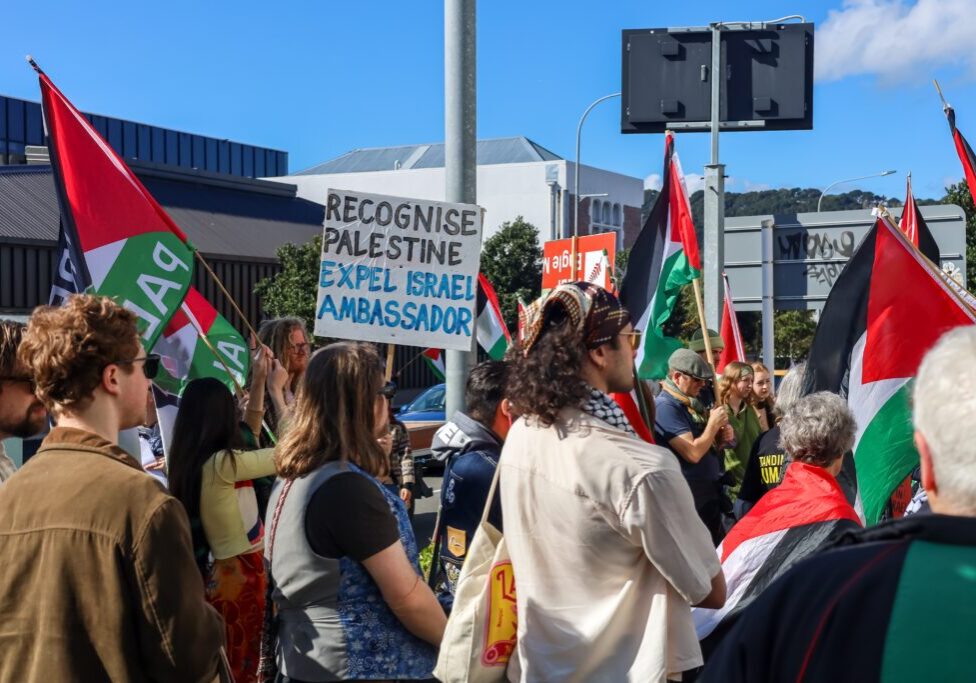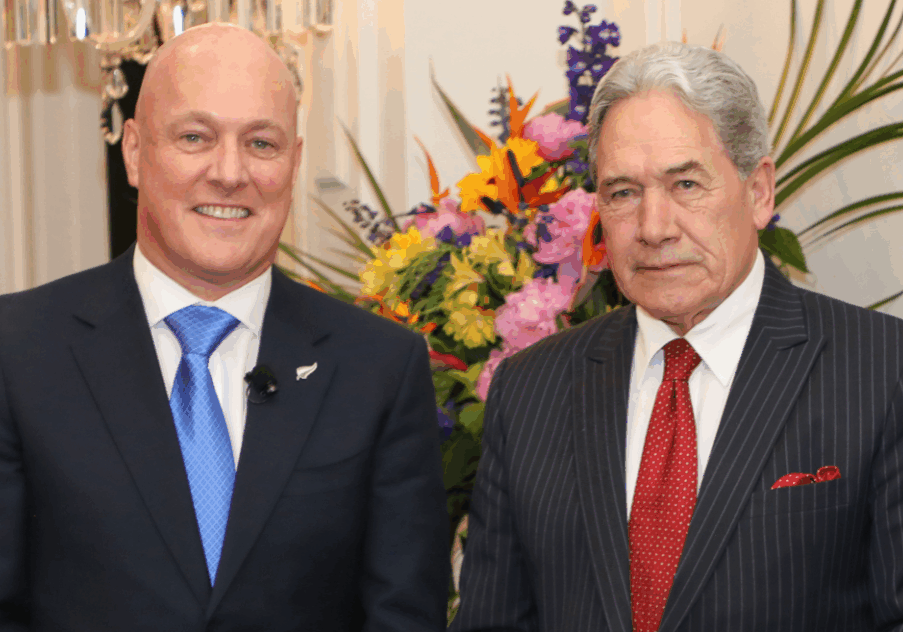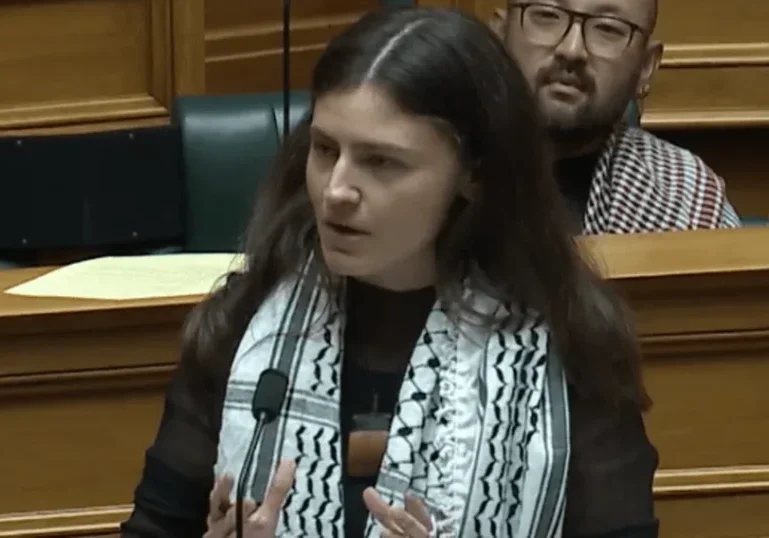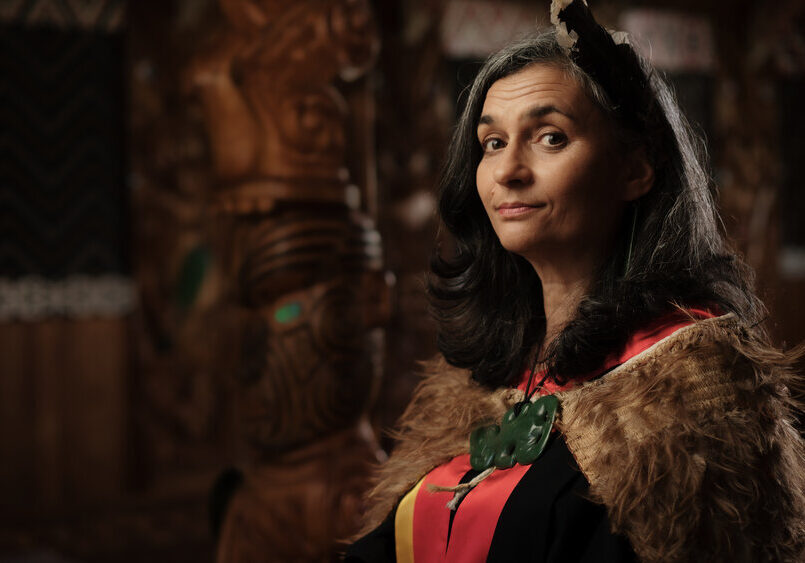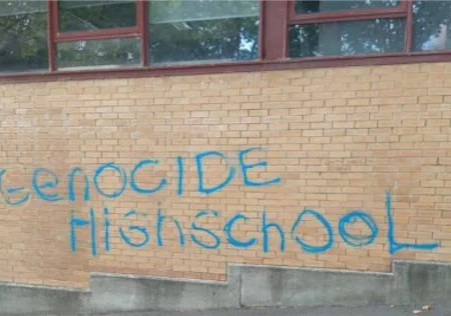Australia/Israel Review
AIR New Zealand: Turtle Bay Dreams
Aug 5, 2015 | Miriam Bell
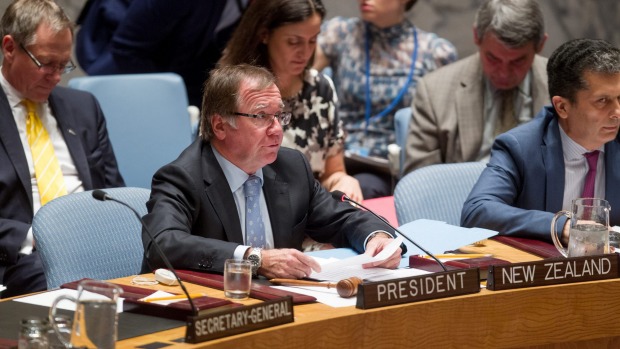
Miriam Bell
In theory, the United Nations is the epitome of effective diplomatic activity and relations. Yet, in practice, it is, all too frequently, an epicentre of vitriolic rhetoric, wilful misinformation, and unfortunate end results.
There is prestige and status attached to seats on the various UN councils and committees, though. And, at least partly for this reason, New Zealand fought long and hard to gain its current seat on the UN Security Council.
Winning the seat was a big deal for a small island nation at the bottom of the world. To ensure the fruits of this win are fully enjoyed, the National-led government and its Foreign Minister Murray McCully have been openly ambitious about their plans for their two-year stint on the Council.
As previously discussed in this column, McCully has been vocal about focussing on what he describes as “one of the world’s most intractable challenges – the Middle East peace process.” He has said that New Zealand is simply keen to get Israel and the Palestinians back to the negotiating table.
New Zealand initially appeared eager to support a French resolution [which was opposed by Israel] to not only restart talks between Israel and the Palestinians but require them to reach an agreement within 18 months, and set out many of the parameters of what that agreement should contain. However, following McCully’s visit to the Middle East in June, where he met both Israeli and Palestinian leaders, he appears to have reassessed this stance.
In a recent interview on TV3’s “The Nation”, he said he thought Israel was allergic to the idea that the Security Council might start the process by imposing a whole lot of conditions that in its view would favour the other side. “I think they’re less allergic to the notion that the Security Council might try and bring the two parties together, and that’s the sort of thing that we’ve got in mind.”
McCully did tell TV3 that full discussion of the Israeli-Palestinian peace process was likely to be later in the year, rather than during New Zealand’s Council presidency in July. In fact, as it turned out, New Zealand’s stint as president in July was dominated by the controversial Iranian nuclear deal.
Despite this, local media focused on McCully’s lofty Middle East peace ambitions. There has also been some encouragement in this from Prime Minister John Key who recently reiterated that New Zealand would be looking to further efforts to jumpstart Israeli-Palestinian negotiations.
However, some commentators argue that McCully’s “glass half full” take on the state of play between Israel and the Palestinians is naïve at best.
Zionist Federation of New Zealand President Rob Berg, who met with McCully earlier this year, said he disagreed with McCully’s belief that Palestinian Authority President Mahmoud Abbas is ready to make peace.
“The Palestinians have had multiple chances to negotiate for peace and they have reneged on all of them. It is misguided not to take notice of history. But McCully’s view is that that history is in the past and it is time to make a deal now.”
Berg said McCully also seemed to believe that “solving” the conflict between Israel and the Palestinians would lead to the resolution of many of the other problems in the Middle East. To Berg, this also seems a simplistic and unrealistic take on the complex, broader situation.
He is also concerned that McCully, along with the wider New Zealand public, might have bought into the rhetoric surrounding such issues. “For example, when it comes to Iran, supporters of the deal – like Labour Party foreign affairs spokesman David Shearer – have marginalised those who oppose, or even question, the deal by presenting them as extremists.”
Berg added that he believes the decisions of the Security Council are effectively determined by the five permanent members of the Council. “The non-permanent Council members, even when they hold the presidency, really just have to go along with them.”
It is not just McCully’s take on the Israeli-Palestinian peace process that has raised some eyebrows. New Zealand has also expressed a determination to weaken the Security Council veto power held by the five permanent members of the Council.
In a speech to the UN earlier this year, McCully said the use of the veto, or the threat of the veto, was the single largest cause of the Security Council being rendered impotent in the face of many serious international conflicts. “Whether we are talking about Syria or the Middle-East peace process, the veto’s impact today far exceeds what was envisaged in the UN Charter – to the huge detriment of the Council’s effectiveness and credibility.”
However, the veto has been one of the sole tools available to protect Israel from the entrenched biases built into the UN voting system and bureaucracy. Therefore, New Zealand’s anti-veto proposal, if adopted, could arguably worsen the difficulties Israel often faces at the UN.
McCully is New Zealand’s most senior diplomat and an experienced foreign affairs hand. But could his desire for New Zealand to make its mark lead to proposals that could actually worsen matters in the complex arena of the Middle East, or alter the fair-minded approach New Zealand is so proud of?
If so, then Israel and its friends could be facing a slightly bumpier ride at the Security Council than expected over the course of the next two years.
This article is featured in this month’s Australia/Israel Review, which can be downloaded as a free App: see here for more details.
Tags: Australasia, New Zealand

